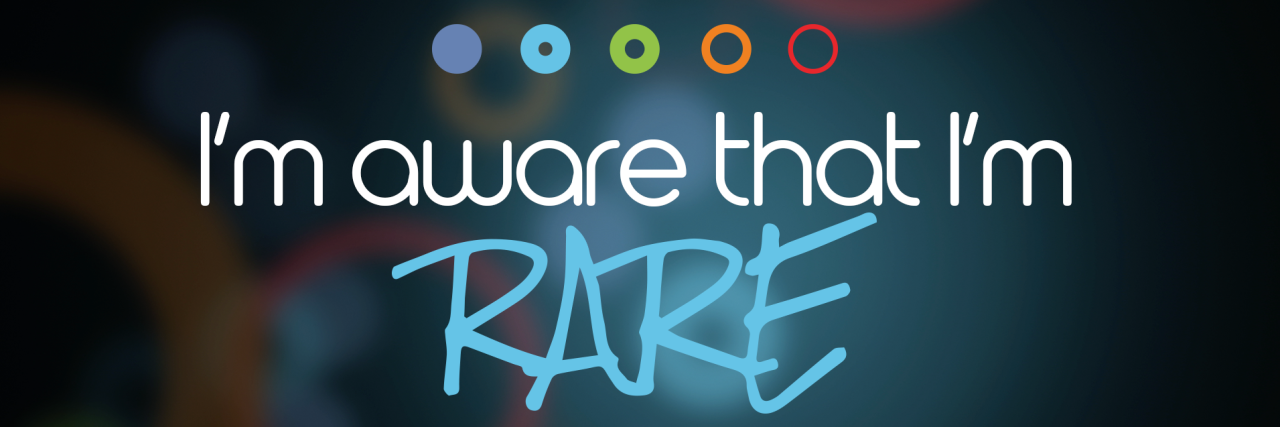PH patient, Lisa Raulston shares her pulmonary hypertension story and how persistence and research led her from misdiagnosis to ultimately discovering she had CTEPH.
Transcript:
Lisa Raulston, I’m from Cleveland, Texas.
My connection to pulmonary hypertension and CTEPH. I was diagnosed, actually I’ve had a misdiagnosis. I was diagnosed with PAH in September of last year, but my pulmonologist did not do the testing that I researched and read that you needed to have a right-heart cath and a V/Q scan to properly diagnose if you have PAH or CTEPH, and so I switched pulmonologists and they did the proper testing and determined that I, in fact, do have CTEPH. Really the test is pretty easy, but it shows the blood flow in your lungs.
I have been experiencing shortness of breath for probably almost two years now. I just kind of chalked it off to anemia or just being tired, just being overweight. I was at work sort of having chest pains, ended up going to the emergency room. They did a CT scan and determined from that that I have blood clots in my lungs. Basically they just said, “The medicine we’re giving you in the hospital …” Then putting me on a blood thinner, they said, “…they’ll just dissolve and go away and your shortness of breath will go away,” and it never did.
I just kept changing doctors and going and just kind of pushing for some type of diagnosis. I could tell that something was wrong with me because the shortness of breath wasn’t going away, it was getting worse.
I’ve been adjusting to what they call “a new normal.” There are so many things that I used to do that I have been unable to do. Anything involving long walking, climbing stairs, dancing. I’m a beach fanatic and I’d love walking for miles on the beach. I went this last October and I wasn’t able to do it so it’s been kind of frustrating.
I still work full-time. I struggle some days. Some days are really hard. I get so incredibly tired so easily, but you just have to kind of adapt and just do what you can do. It definitely has affected even my social life. Friends will be like, “Oh, well let’s go here.” I start thinking about where am I going to park and how far am I going to have to walk to get there and how much walking will I have to do while I’m there.
Because of my misdiagnosis or a failure to diagnose and then being misdiagnosed, it’s like I really want to advocate for people getting the proper testing. Sometimes the doctors will just give you an inhaler and say, “We think you have asthma,” or, “We think you have this,” and kind of push you off. Or they’ll find one thing and stop looking. I want to advocate for people to keep pushing. If you’re not getting any better, if the medicine they put you on is not helping just go back and keep pushing for additional testing or change doctors if need be to get the right diagnosis and the right treatment.
I’m a stronger person than I thought. When I was first diagnosed with this I didn’t know. I had never heard of pulmonary hypertension. I did not know what it was. Of course, I went home immediately after talking with the doctor and researched it and was pretty devastated at what I was reading, especially having originally being diagnosed with a type that has no cure. But I just made the decision that I was going to push through it, try anything the doctor said, take whatever medications I needed to try to live as healthily as I can, or to have as much quality of life as possible.
One thing that I would probably advise another patient is to try to find a support group for pulmonary hypertension if you have one in your area. It’s been so beneficial to me. I’ve only gone to a handful of meetings, but meeting and talking with other people that have the same thing that you do and sharing stories, sharing knowledge, it’s just very educational. I definitely encourage the support groups.
Listen to “I’m Aware That I’m Rare: the phaware™ podcast” at www.phaware.global/podcast. Learn more about pulmonary hypertension at www.phaware.global. #phaware

